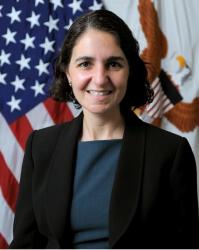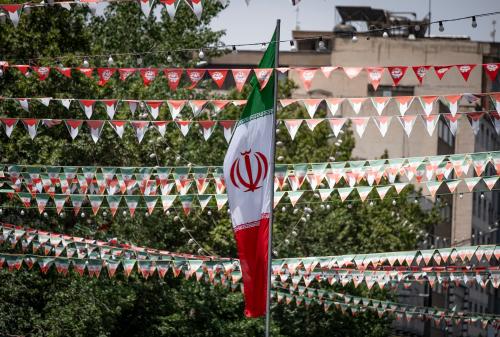

9:00 am EDT - 10:30 am EDT
Past Event
9:00 am - 10:30 am EDT
1775 Massachusetts Avenue N.W.
Washington, DC
20036
Defense experts are in the midst of a spirited debate over whether the U.S. military faces a readiness crisis. Pointing to recent deadly military aviation crashes and worrying data on training and equipment, some argue that seven years of sequestration under the 2011 Budget Control Act impaired the armed forces’ ability to execute their mission even as the United States’ involvement in Iraq and Afghanistan has let up. Others contend that the readiness crisis is overblown, and that the armed forces’ more serious challenge is ensuring, through modernization and innovation, that foreign competitors do not overtake U.S. capabilities. With defense spending increased to $716 billion under the 2018 John S. McCain National Defense Authorization Act, the parameters of the readiness debate are set to shift.
On November 2, Brookings convened a panel of experts to discuss the current readiness of the U.S. military. Following their conversation, panelists took audience questions.
Panelist



Joshua Rovner
July 2, 2025

Ryan Hass
July 1, 2025

Mara Karlin, Fred Dews
June 24, 2025